‘Who you gonna call?’
Permanent link
Director Harold Ramis on the set of Columbia Pictures comedy "Year One." Photo credit: Suzanne Hanover. 2009 Columbia Tristar Marketing Group. All Rights Reserved.
Chicago Jewish filmmaker Harold Ramis’s filmography reads like an encyclopedia of great comic movies of the last 30 years. He is the brains—either writer/director or both—behind some of the most often quoted and referred-to film comedies of recent decades like “Animal House,” “Meatballs,” “Caddyshack,” “Stripes,” “National Lampoon’s Vacation,” “Ghostbusters,” Groundhog Day,” and “Analyze This.” A Chicago native and a Chicago’s “Second City” alum, Ramis returned to the Windy City years ago from Hollywood to live closer to his parents, and now lives in Glencoe.
His newest comedy, “Year One,” hits theaters June 19. The movie follows Jack Black and Michael Cera as lazy tribesmen—with contemporary sensibilities—who are banished from their primitive village and embark on an adventure through the ancient world, running into Biblical heavyweights like Abraham, Isaac, and Cain and Abel along the way.
Jack Black, left, and Michael Cera in Columbia Pictures "Year One." Photo credit: Suzanne Hanover. 2009 Columbia Tristar Marketing Group. All Rights Reserved.
The Anti-Defamation League (ADL), through the support of Steve Miller, will feature “An Evening with Harold Ramis” this Thursday, May 28, at Columbia College’s Film Row Cinema in Chicago. Ramis will discuss how his Jewish identity has influenced his work in Hollywood and will also present clips of his new film.
Oy!Chicago’s Cindy Sher recently did a phone interview with Ramis, who reveals the meaning behind some of his most memorable comedies and how his Jewish identity has informed his professional career.
Oh, and for all you “Ghostbusters” fans out there, Ramis, who starred in and co-wrote the original films, is in the early stages of discussing another “Ghostbusters” sequel. Ramis, a.k.a Dr. Egon Spengler, adds that they’ll only make the sequel “if it’s funny.”
Oy!Chicago: Your movies are constant pop culture references. How does it make you feel to know that so many of your films have made it into the cultural fabric of society?
Harold Ramis: Everyone starts out with big dreams, particularly people who want to be artists or have careers in entertainment. Then, when it happens, you dream about it, you picture it, you imagine what it’s going to be like, and then it’s so weird when it actually happens. You learn that it’s great on so many levels and in such a big way, it doesn’t change anything. You’re still who you are, you still have the same problems and issues and same insecurities, and the same responsibilities. I’m really glad people like these films and that a couple of them have lasted so long and I love doing what I’m doing, but I try not to be grandiose about it or be even more narcissistic than I already am.
Q. You don’t sound too narcissistic to me. Why did you choose a life in Chicago instead of Hollywood?
A. My wife grew up in L.A. and her father was a film director. We liked it out there. We weren’t really refugees to Chicago from there. I came back to Chicago to be near my parents, who were getting too old to travel. My mother passed away and my father is still around. He lives in Northbrook and is 94 years old. I wanted them to know my second family. I’d been married before and had been away all those years and thought this was a chance to reunite my family.
Q. Your movies have so much heart. Is there a common thread that all your movies share?
A. I’ve looked at the first few films I did and thought we were working off a kind of late 60s anti-establishment posture that came out of being in college, a kind of us versus them, the hipsters against the squares, the rebels against the institution. That was “Animal House,” “Stripes,” and “Meatballs.”
Having worked through that, I started looking at other concerns I have, like the movie “Vacation” was about what it was to be a good father and a good husband, two very difficult things to do in life.
Then I made three films—“Groundhog Day,” “Multiplicity,” and “Bedazzled”—about what it really is to be a good person in general. “Groundhog Day” is about how we use our time and priorities, losing our narcissism and vanity, taking a good look at others, and being in the moment. Then “Multiplicity” is about the divided self, the things that pull us in different directions and how can we integrate ourselves and be one person. “Bedazzled” is about the things we wish for that we think will make us happy, like money, fame, success, power, sex, good looks—all those things that we think are the keys to happiness and of course the film ends up saying that’s not where happiness comes from. They’re all about navigating in the midst of this great existential despair we’re all born into.
Q. “Groundhog Day” is probably referred to in conversation by my peers about once a week. I read that you said that that was the movie that got you to make “comedies that meant something.” Did you go on to follow that path?
A. I was always looking for meaning in the things I was doing, no matter how broad or silly or gross or crude they seem. To me, the [movies] meant something. “Groundhog Day” was the first film that was overtly about life and how we live it, and the response was so great. It was such a satisfying thing to invest a comedy with your real feelings about the most important issues in life. It made me want to do that again.
Q. What inspired your new movie, “Year One?”
A. “Year One” is a big, broad comedy that really is laced with spiritual content. As I got older, I became more interested in religion. Then, after 9/11, those issues of the competing orthodoxies and fundamentalisms in the world seem to be dragging us deeper into conflict and doing exactly the opposite of what religion is supposed to do, which would be to get people to look inward, to act with compassion in the world, to recognize the humanity in others. That’s the stated goal of every religion, and yet Jews, Muslims, and Christians were going to war with each other, as if the Crusades were happening again. I wanted to talk about that in some way and it seemed like the easiest, least offensive way to talk about it was to go way back, go pre-Christian, pre-Hebrew, pre-Muslim, and set something in the ancient world. On the other hand, I always loved the comic edge of Mel Brooks’s “2000 Year Old Man” or Monty Python’s “Life of Brian.” I like the idea of putting characters with a contemporary consciousness in an ancient setting.
Jack Black stars in Columbia Pictures' comedy "Year One," also starring Michael Cera. Photo credit: Suzanne Hanover. 2009 Columbia Tristar Marketing Group. All Rights Reserved.
Q. How does your Jewish identity influence your work?
A. I use Passover as the central story of Judaism because, for me, it results in two concepts driving it. One is the concept of freedom, personal liberation, and political liberation. The other is the concept of justice—Moses receiving the law. For me, this fits perfectly with my own political liberalism and my yearning for social justice in the world. That’s where my Judaism connects with all my work and with this film in particular. I also wanted to say in this film that regardless of what anyone believes—creation, myths, or what God is or isn’t—the burden is still on us to act responsibly in the world.
Q. What sort of Jewish upbringing in Chicago did you have?
A. I had a Polish grandfather, a Jewish immigrant, who went to an old synagogue on the West Side. I went to another Orthodox Hebrew school… I [later] went to a yeshiva…The moment I was bar mitzvahed, I took that as the signal that I no longer had to do anything.
Q. Do you feel a responsibility as a Jewish role model?
A. Yes, I feel that every Jew represents all Jews in the world…I have associations in Winnetka and Wilmette, not traditional Jewish territory. Sometimes I find myself in country clubs that were restricted or in settings where very few Jews are or have been. In places like that, I get even more Jewish than I am. I start speaking Yiddish and I just feel the need to represent. As an example to Jewish kids, I don’t push religion but I push integrity. I have incorporated a lot of Buddhism into my Jewish thinking too, which a lot of Jews have done. That kind of works for me because the [two religions] are similar. As a Jew and a Buddhist, I try to express a creed that is inclusive and focuses on personal responsibility.
Q. Is life as funny as your movies portray it to be or are your movies an escape from a world that isn’t really funny?
A. Someone once said that when we recognize that the world is insane, we have choices—we can see it as tragedy or we can see it as comedy. Everything can be funny, but not everything is funny. There are horrors and tragedies in life that I would not want to joke about or hear anyone else joke about it. Yet, conceptually, everything seems like fair game. I mourn any person’s death, but death as a concept is valid territory for comedy.
Q. What’s the secret to writing good comedy?
A. It’s all point of view. What fails in most comedy is not that the writers aren’t smart, but that [a lot of comedy] is like other things we’ve seen. To be funny, you need to be original. It’s like the kid who wants to play peek-a-boo. The first couple times it’s funny; the 400th time it’s not that funny…the kind of comedy that really scores is where you reveal or expose something that is deeply embarrassing or deeply shocking or deeply offensive in some way and put it out there in a clever, original way and allow people to process something that they haven’t been able to deal with or express in another way. That’s why there’s so much comedy about sexuality, because the funniest stuff is the stuff we’re most afraid of.
Q. I know you have been asked this a thousand times, but what’s your favorite film and why?
A. I never answer that question because I just love making films and every film I’ve made has been a great experience and I find it almost impossible to separate the results from the process…I love them all.


.jpg)
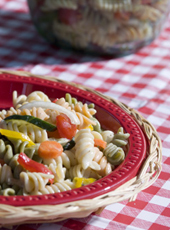
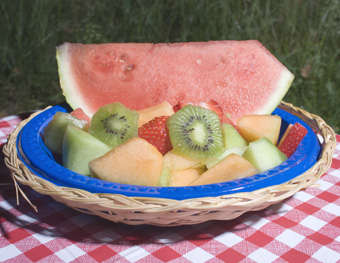
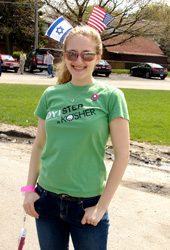
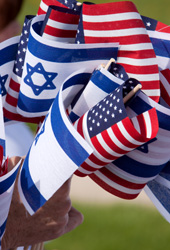
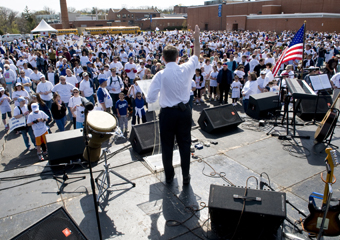
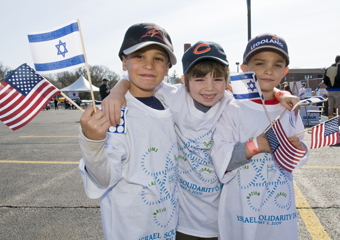
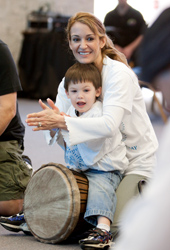
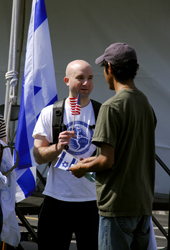
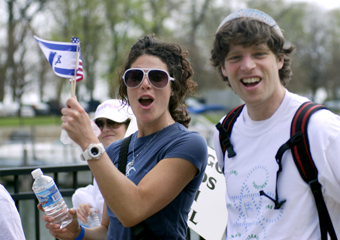
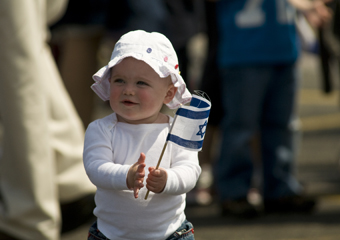
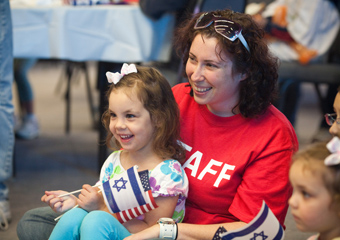
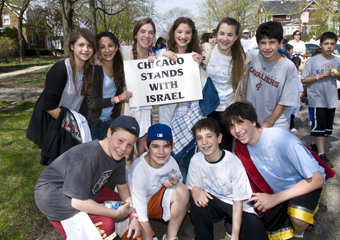
.jpg)
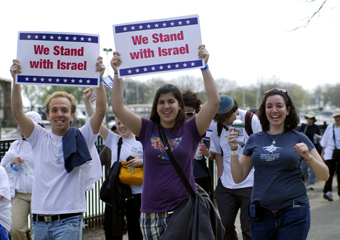
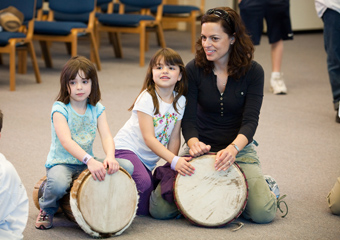
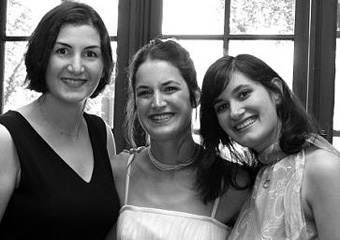
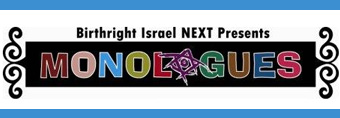
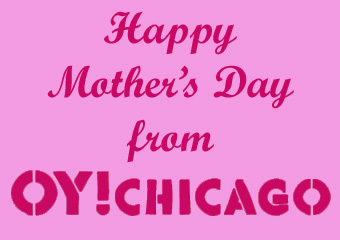
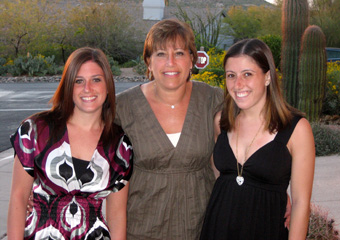
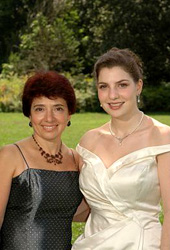
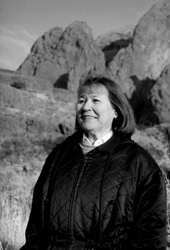
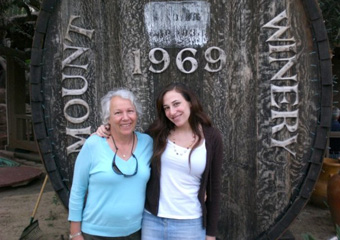

.jpg)



